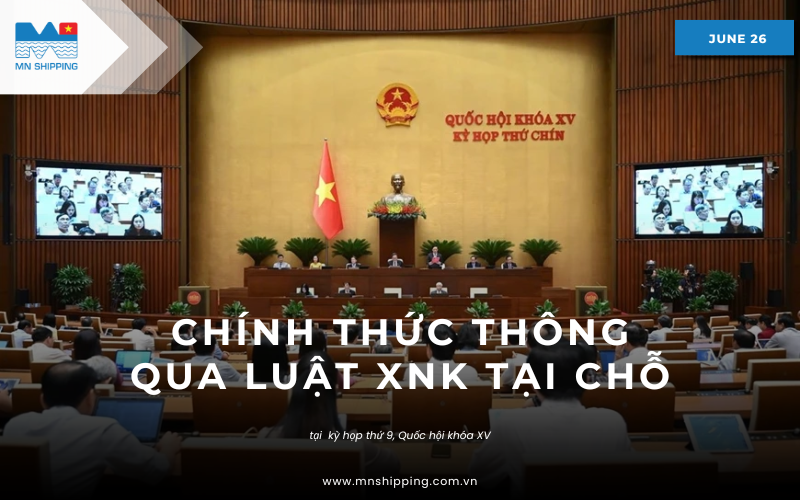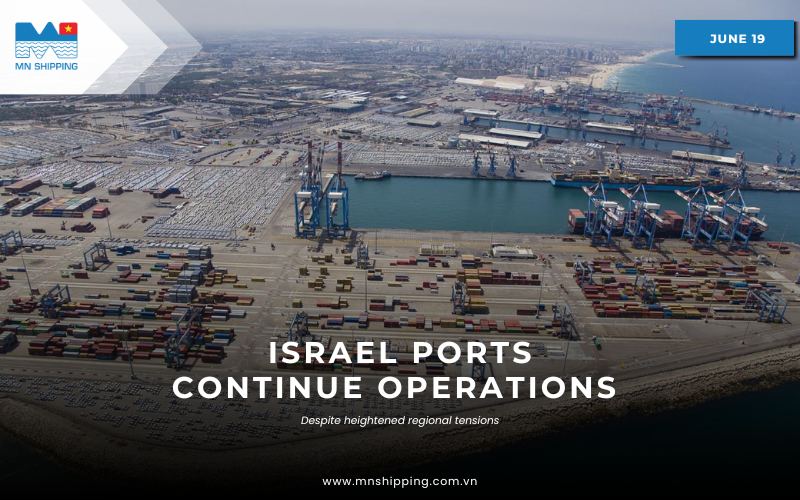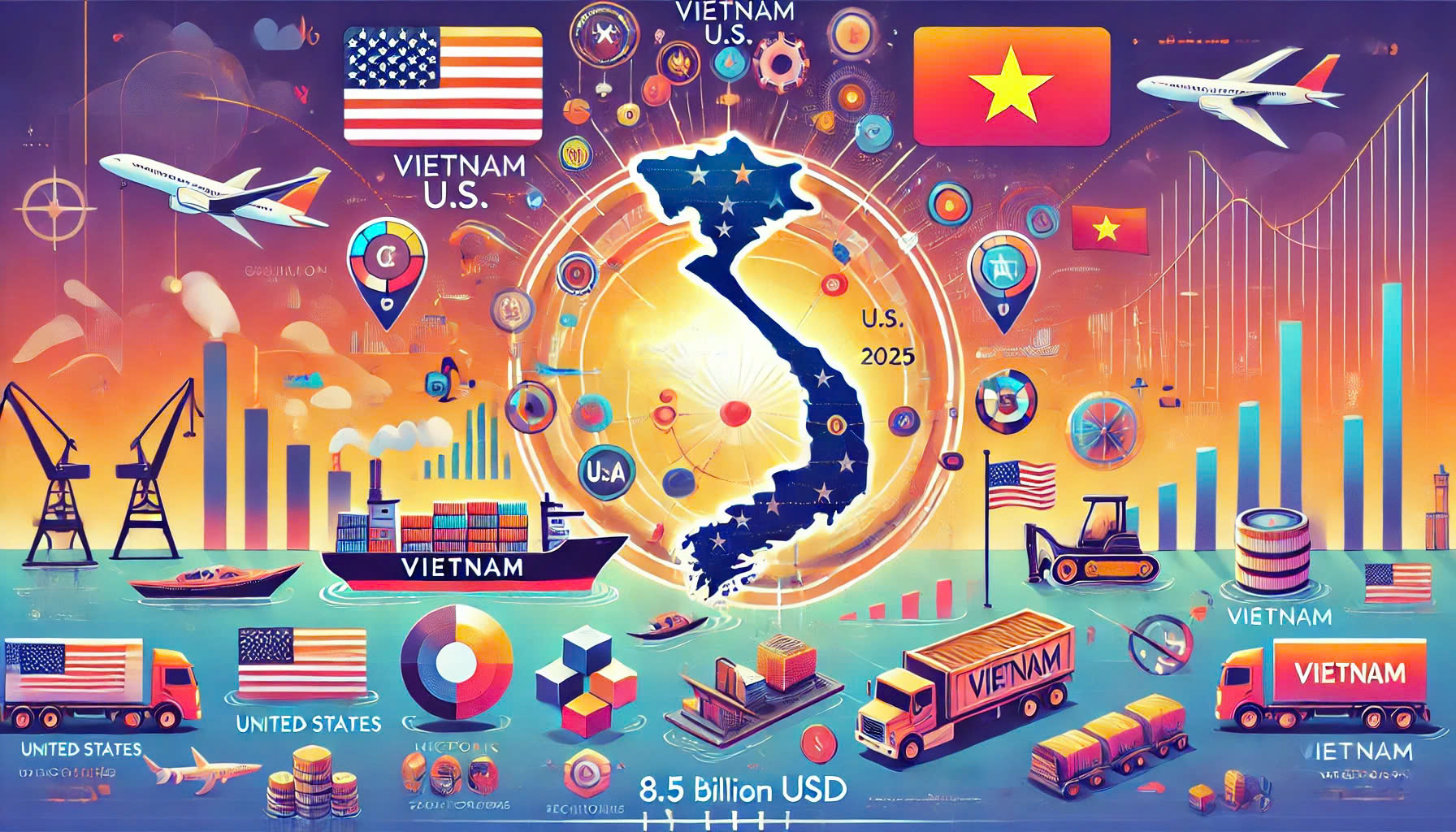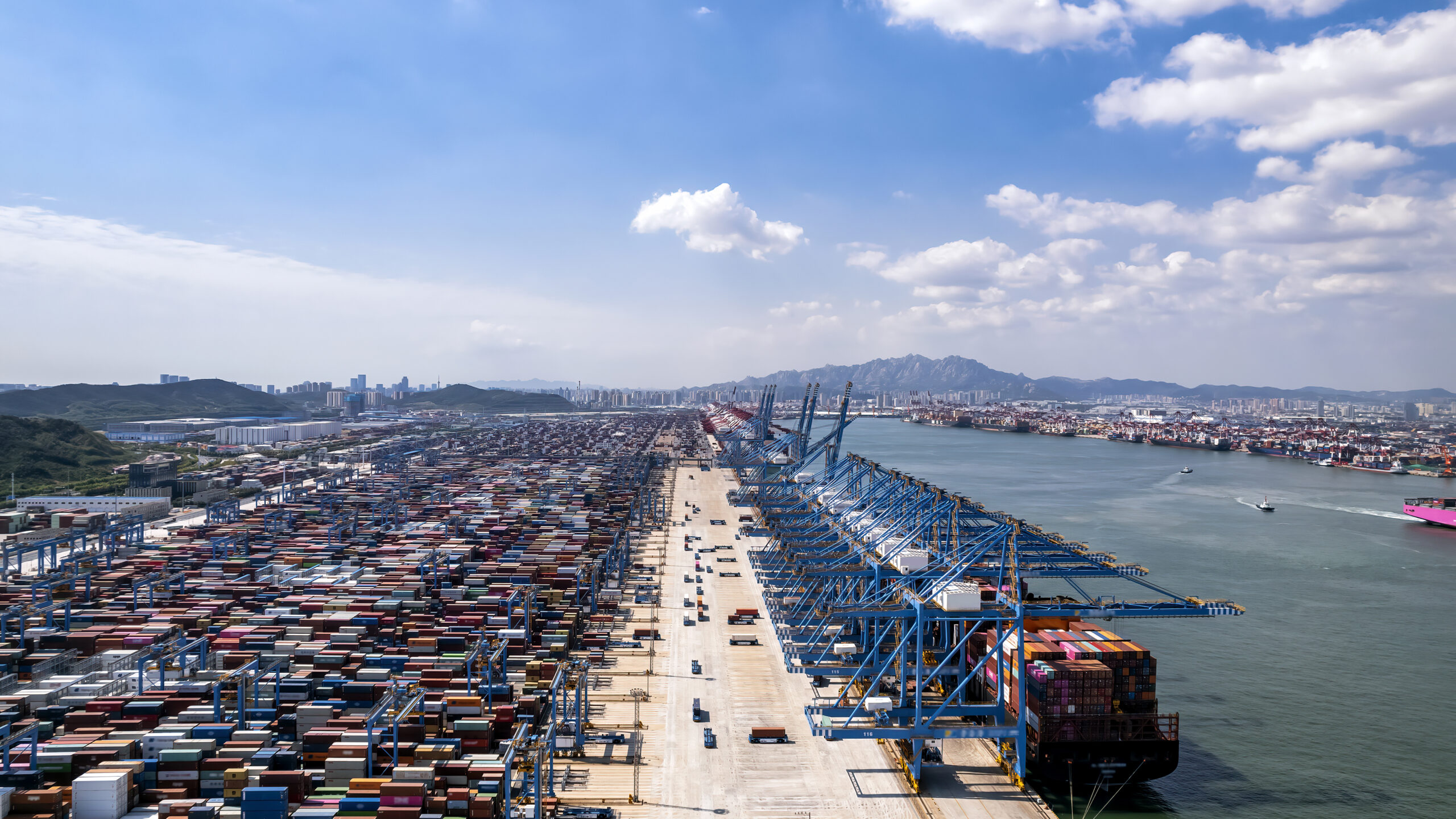As of October 2024, Vietnam has signed and implemented 17 Free Trade Agreements (FTAs) and is negotiating two more. Expanding its FTA network underscores Vietnam’s commitment to economic integration, offering substantial opportunities to deepen its role in global value chains, boost exports, drive GDP growth, and enhance institutional frameworks.
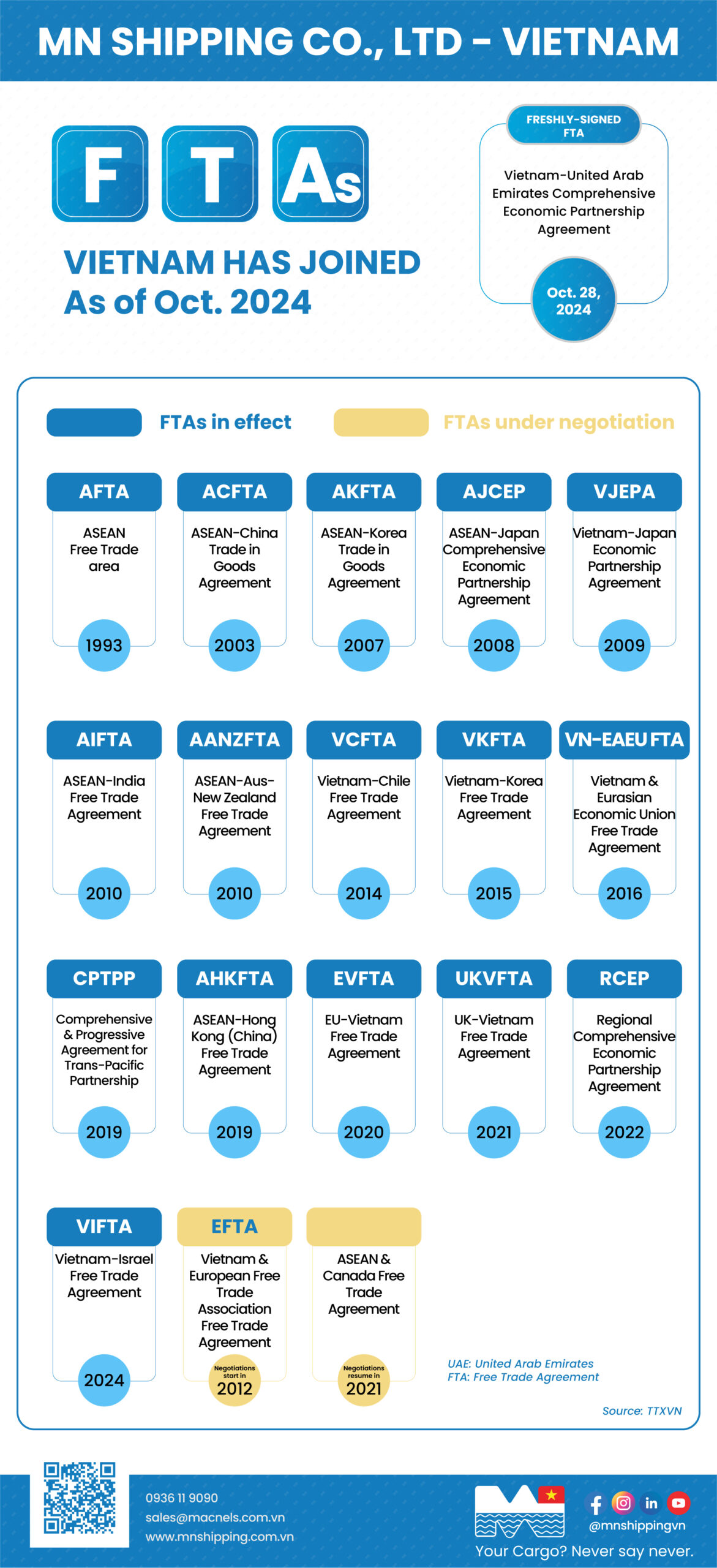
Key Benefits of Vietnam’s FTA Network Expansion:
Increased Market Access: By signing FTAs with various countries and regions (such as the EU, ASEAN, and major economies like the U.S. and Japan), Vietnam has gained preferential access to large markets, enhancing its export opportunities, particularly in sectors like electronics, textiles, and agriculture.
Boosting Exports: FTAs lower or eliminate tariffs on goods and services, making Vietnamese exports more competitive. This is expected to drive up export volumes and improve the country’s trade balance.
Economic Growth: The FTAs contribute directly to GDP growth by fostering greater trade flows, attracting foreign direct investment (FDI), and encouraging technology transfer and innovation in domestic industries.
Institutional Strengthening: As part of these agreements, Vietnam has had to align its legal and regulatory frameworks with international standards. This helps improve governance, transparency, and business environments, attracting more investors and enhancing the country’s institutional development.
Deepening Global Value Chains: FTAs help integrate Vietnam further into regional and global supply chains, particularly in manufacturing and high-tech sectors. This deepens the country’s role as a key link in the production and distribution networks of multinational companies.
Vietnam’s proactive approach to signing and implementing FTAs is a strategic move that reflects its commitment to becoming an even more prominent player in the global economy, while also improving the living standards and employment opportunities for its people.



